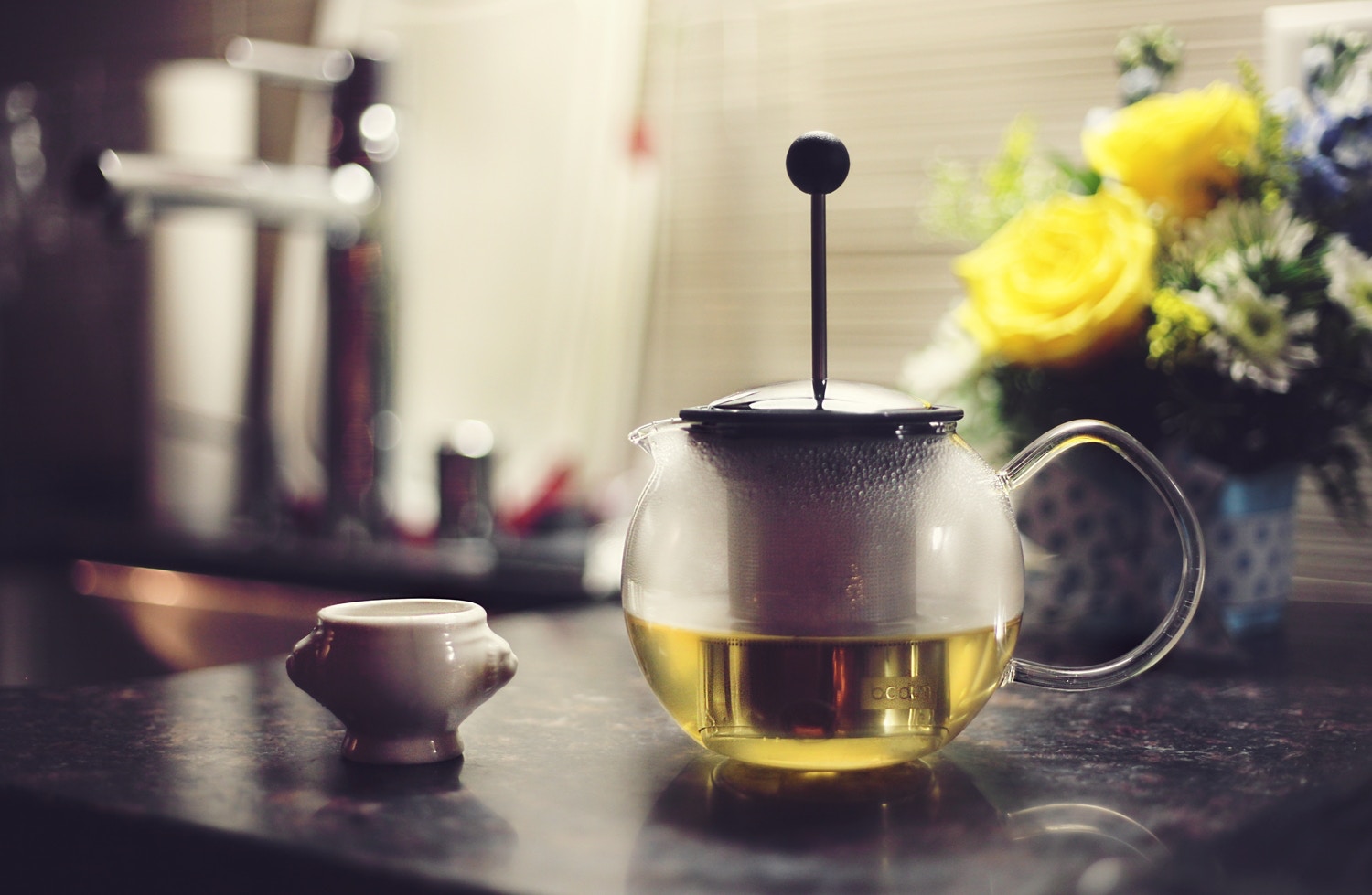It’s no secret that tea can have amazing benefits for you and that every type of tea has something different to offer. However, if you want the tea that will give you an abundance of nutrients in one gulp, you should discover the benefits of green tea.
The benefits of green tea
Green tea is native to China and India. It is brewed from leaves from the Camellia sinensis bush that are not oxidized. Because they are not oxidized, that means it has more antioxidants than other teas.
It also contains caffeine, which can be a nice pick-me-up during the day if you’re not a fan of coffee, but still want a nice warm drink to snuggle up with. Caffeine also helps you focus, improve your mood and contains the amino acid, L-theanine, which is beneficial to brain health and functioning.
Increased productivity isn’t the only brain perk, though. Studies have shown that the catechin compounds found in green tea can have protective effects on neurons in the brain. In doing so, this could potentially lower the risk Alzheimer’s disease and Parkinson’s disease in the long run. The catechins are also beneficial in killing off bacteria and lowering your risk of infection.
There are also a slew of other diseases and illnesses that green tea might help with. These include Type 2 diabetes, due to the insulin sensitivity and reduction of blood sugar levels it causes; cardiovascular disease, due to lowering cholesterol; and certain types of cancer, due to the abundance of antioxidants present in green tea.
However, if you’re looking for more timely results, green tea can also be used to increase fat burning and could even boost your metabolic rate.
So, now that we’ve convinced you to go out and drink some green tea, here are just a few of our recommendations:
- Celestial Seasonings Authentic Green Tea ($2.64)
- Lipton Green Tea ($3.48)
- Harney & Sons Citron Green Tea ($7.99)
- The Republic of Tea – The People’s Green Tea ($10.50)
Related articles:
Jump Around: Discover The Benefits Of Jumping Rope
Simple Exercises To Encourage Hip Health
Pros And Cons Of Soy: Should You Add It To Your Diet?

